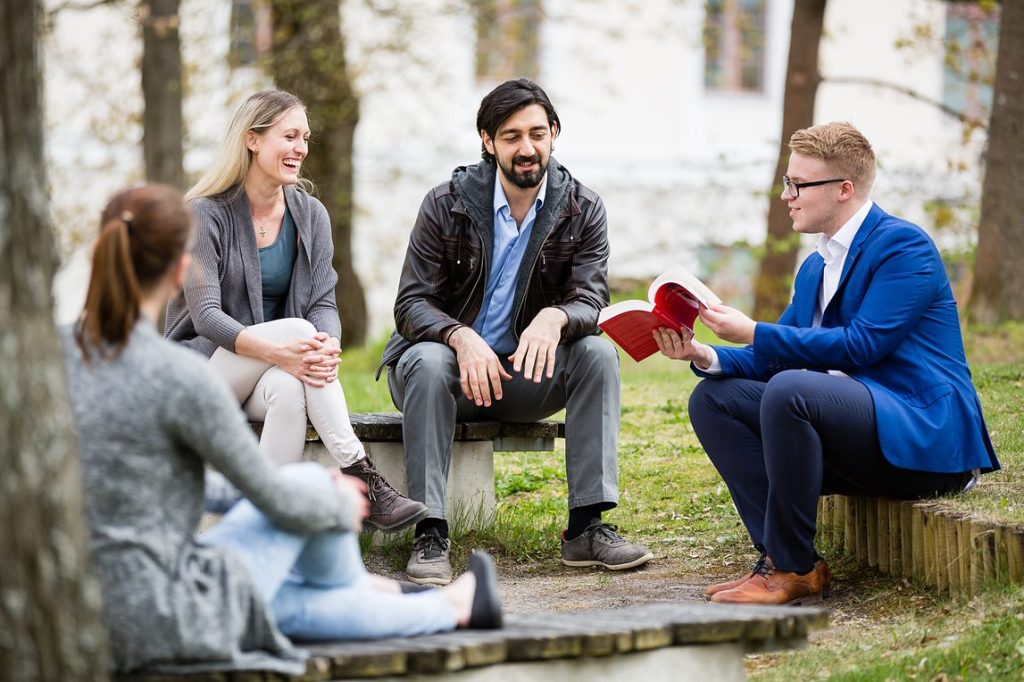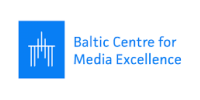
Šiame puslapyje rasite visą su medijų raštingumu susijusią medžiagą, kurią sukūrė BECID medijų ekspertai. Medžiaga galima nemokamai naudotis ir dalintis su kitais!

Šiame puslapyje rasite visą su medijų raštingumu susijusią medžiagą, kurią sukūrė BECID medijų ekspertai. Medžiaga galima nemokamai naudotis ir dalintis su kitais!





